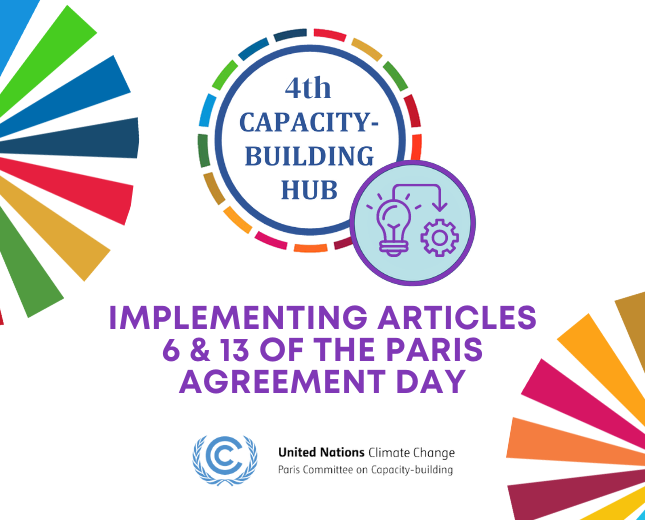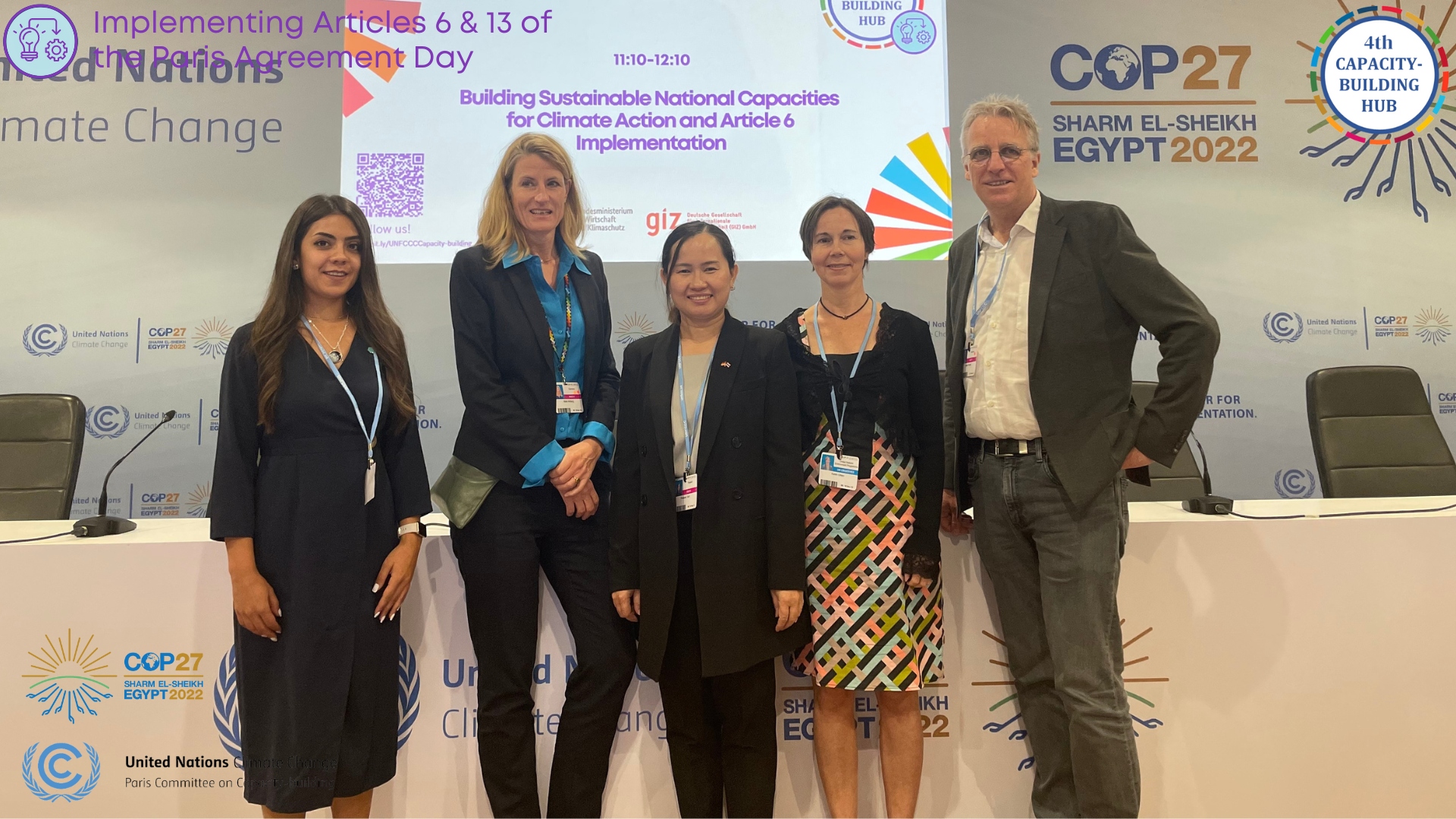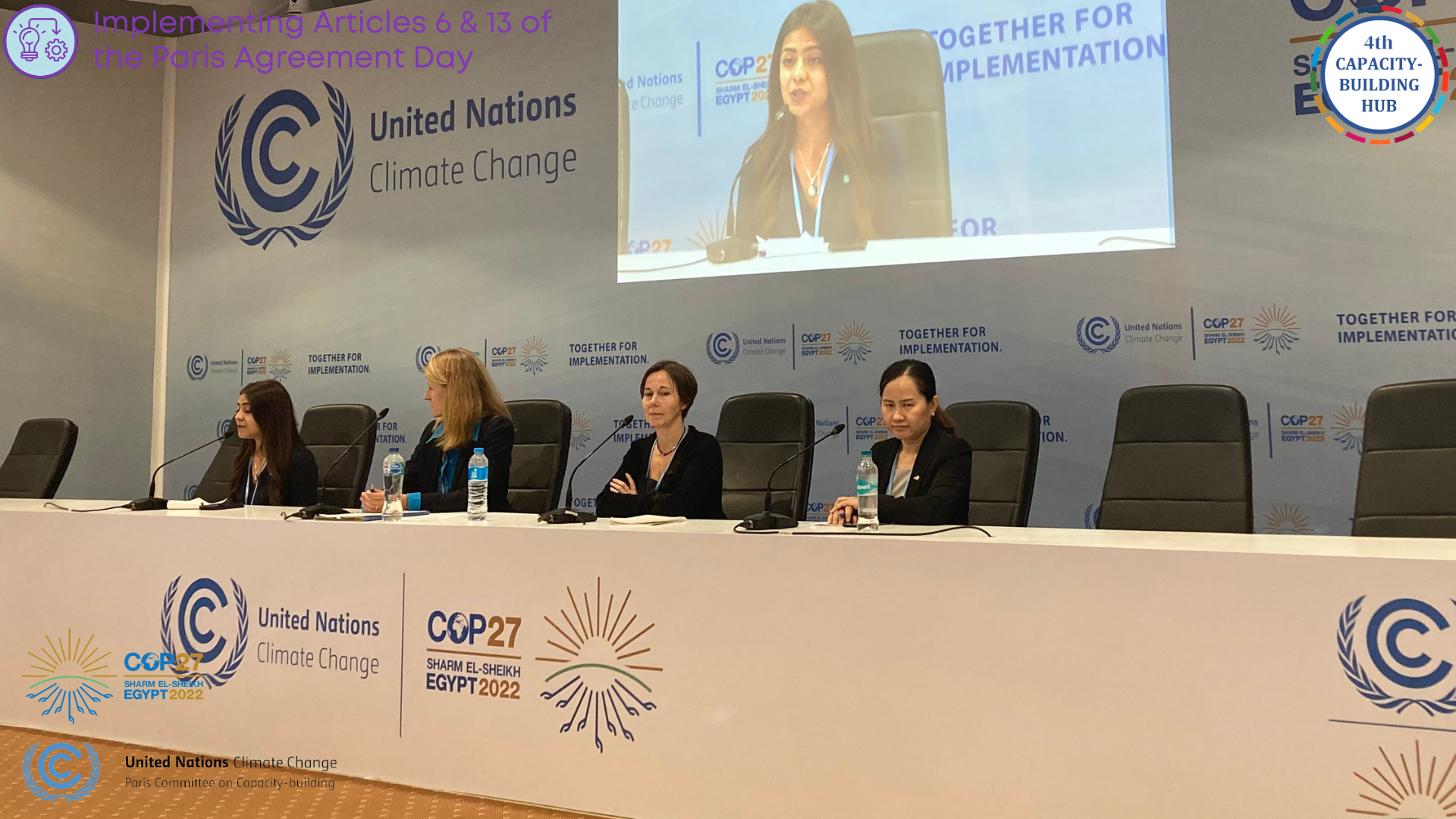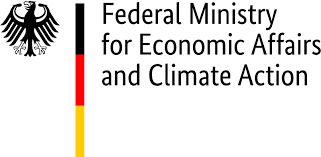Organizers
Background
Tackling climate change effectively requires efforts by all sectors and all countries, including developing and emerging economies many of which have already committed to more ambitious nationally determined contributions (NDCs). In the process of designing concrete strategies and prioritizing mitigation actions all relevant sectors must be engaged. Key success factors include capacity building and financing mechanisms.
A vibrant international carbon market is an essential piece of the climate change mitigation puzzle, as it can support the achievement of more cost-efficient greenhouse gas emission reductions and transformational sustainable development in project host/seller countries. Building a broad and lasting skills base in public, private and academic sectors in carbon pricing and carbon markets in all countries will contribute to the development of a vibrant international market. However, there is a substantial gap in understanding between market participants – buyers (who tend to be more developed countries) and sellers (who tend to be more developing or emerging economies). This gap in understanding between buyers and sellers is a major contributing factor to the slow start of Article 6 implementation, despite years of experience with the Clean Development Mechanism, the existence of several emissions trading schemes globally, and the activities of the voluntary carbon market.
The Supporting Preparedness for Article 6 Cooperation (SPAR6C) program is a global program under the German International Climate Initiative (IKI) funded by the German Ministry from Economic Affairs and Climate Action (BMWK). The program will be implemented in the 2022-2027 period by the Global Green Growth Institute (GGGI) with support from a consortium of global expert partners on the topic of Article 6 carbon market development. The project supports 4 countries (Colombia, Pakistan, Thailand and Zambia) to participate in the international carbon market established under Article 6 of the Paris Agreement through low-emission development planning, governance framework development, and mitigation activity identification and development. Interventions will be both informed by and amplified through a toolbox of global knowledge products, as well as international knowledge exchange to take place in a Community of Practice for Article 6 Implementing Countries (CoP-ASIC). The SPAR6C program is taking an innovative approach to capacity building for Article 6 implementation through: 1) Knowledge generation; 2) Knowledge exchange knowledge and 3) Knowledge application
The Climate Action Programme for the Chemical Industry (CAPCI) is funded by the Federal Ministry for the Environment, Nature Conservation, Nuclear Safety, and Consumer Protection (BMUV) and implemented by the GIZ together with the International Council of Chemical Associations (ICCA) and the PCCB-Network as international partners. CAPCI aims to strengthen the capacities of key stakeholders for effective climate protection in the chemical industry in Argentina, Ghana and Thailand and aims to enable them to take climate action in chemical production and associated value chains associated. The production and use of chemicals is very carbon-intense and the sector should be involved in the development of national climate policies. To do so, their gaps in capacity and financing must be addressed.
Objectives
The session aimed to impact participants by having them exchange and reference past experiences they had as student researchers, interns and mentors/mentees, and reflected on how to address sustainability in capacity building for carbon pricing and Article 6 implementation. Participants:
- Facilitated a discussion on other ways to create sustainable skills in developing countries;
- Learned about the structure of the IKI-SPAR6C program and capacity building approach as well as that of CAPCI
- Discussed the importance of both research mentorship and internships in building sustainable national capacity for development (including but not limited to Article 6 implementation)
Structure & Speakers
|
Time
|
Segments & Speakers |
| 5 min |
Opening remarks by Stefan Wenzel, Parliamentary State Secretary (BMWK)
|
| 10 min |
Storytellers: Experiences in Mentorship
by Hala Hamawi, Youth Researcher, Engineer and Chevening Scholar, Jordan
|
| 10 min |
“Identifying potential mitigation activities in Thailand’s chemical industry”
by Dr. Tarin Pattanan (Department of Industrial Works, Ministry of Industry of Thailand
|
| 10 min |
“Achieving lasting capacity and skills for Article 6 implementation in the SPAR6C project”
by Dr. Karen Olsen (Senior Advisor, UNEP-CCC)
|
| 25 min |
Panel discussion including all speakers
moderated by Malin Ahlberg (BMWK)
|
Key Outcomes
This event presented experiences with building national capacities through a variety of means.
- The session highlighted how cross-sectoral experiences and partnerships are key for capacity-building efforts, by sharing experiences of internships and training programmes as an important aspect for building individual capacity, particularly when knowledge exchanges occur across developed/developing countries.
- To enhance national capacities, capacity-building activities such as training-of-trainers and technical webinars in the private sector in sustainable chemistry was presented as an important approach for more long-lasting climate action.
- The session also focused on challenges in understanding and communicating the technical aspects of Article 6 of the Paris Agreement – which is why toolkits are effective.




